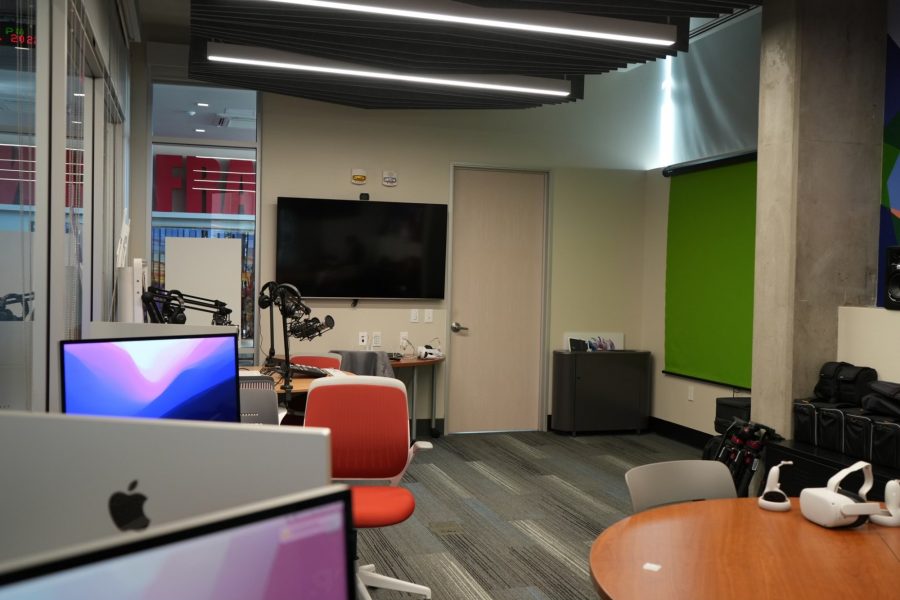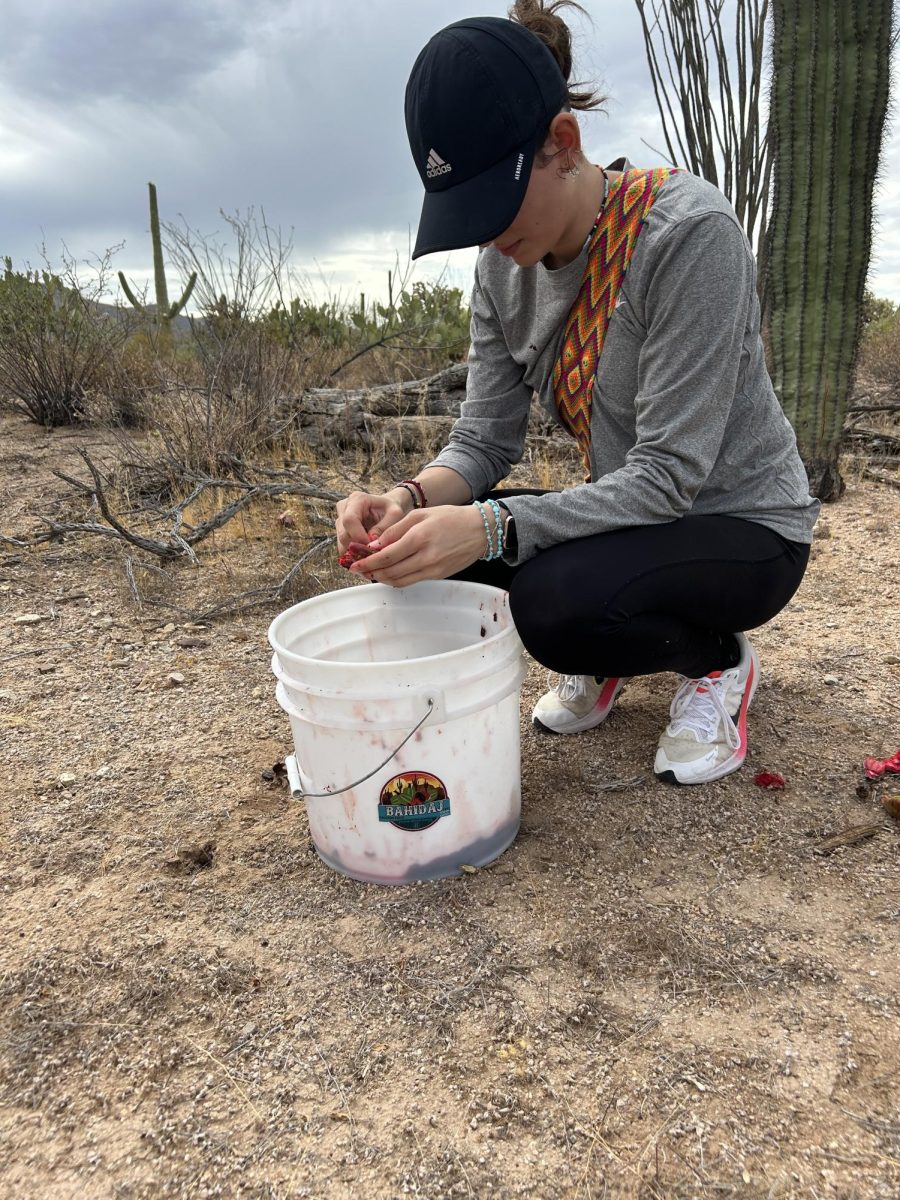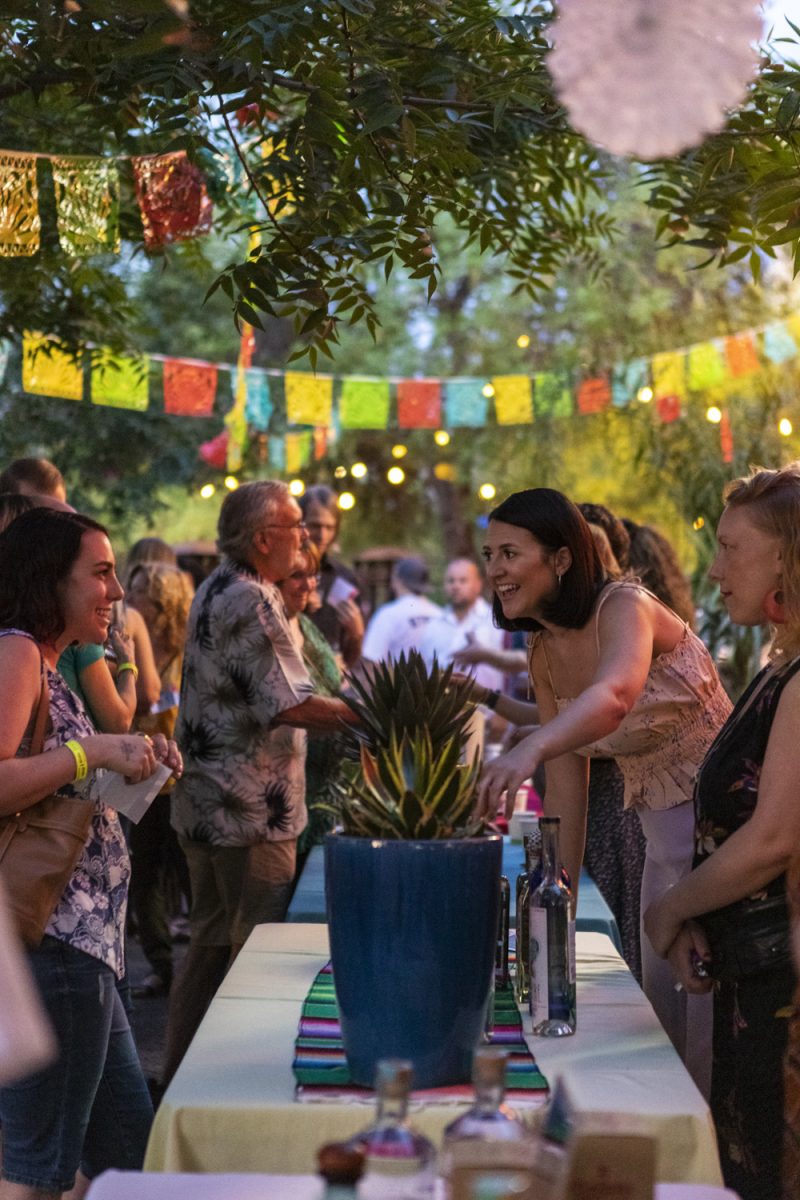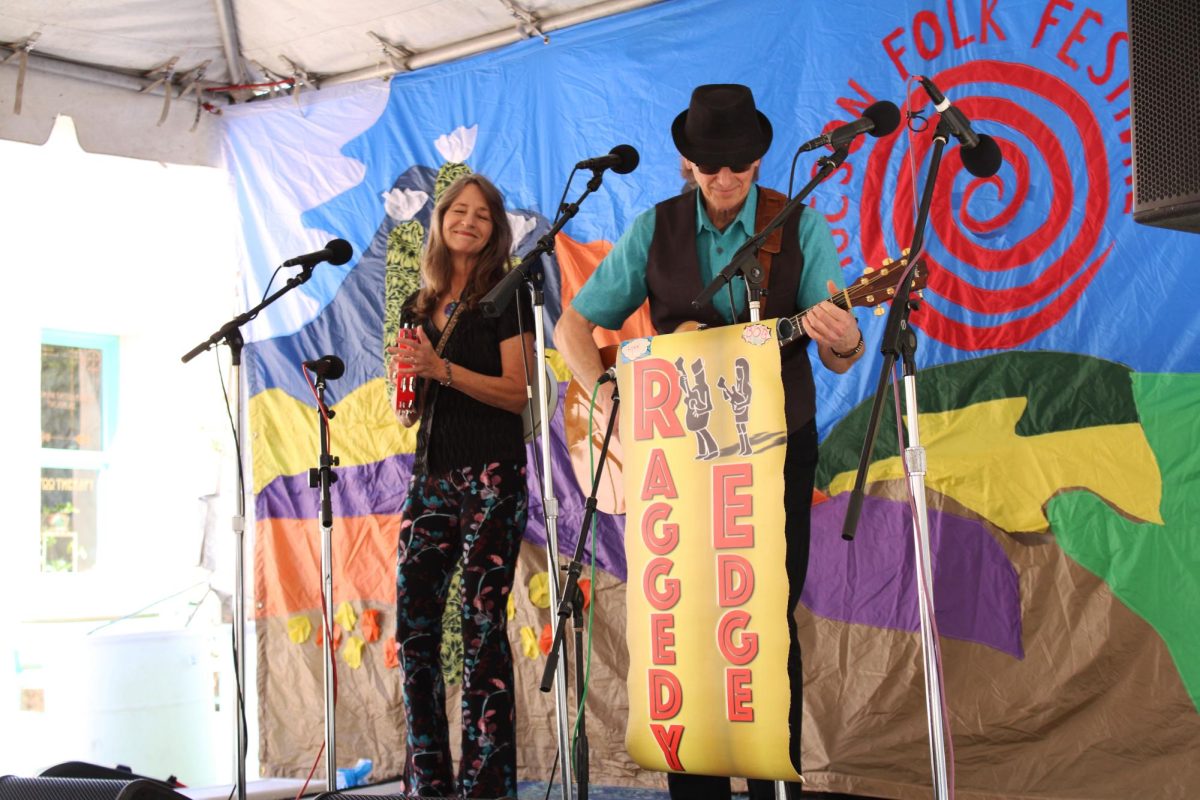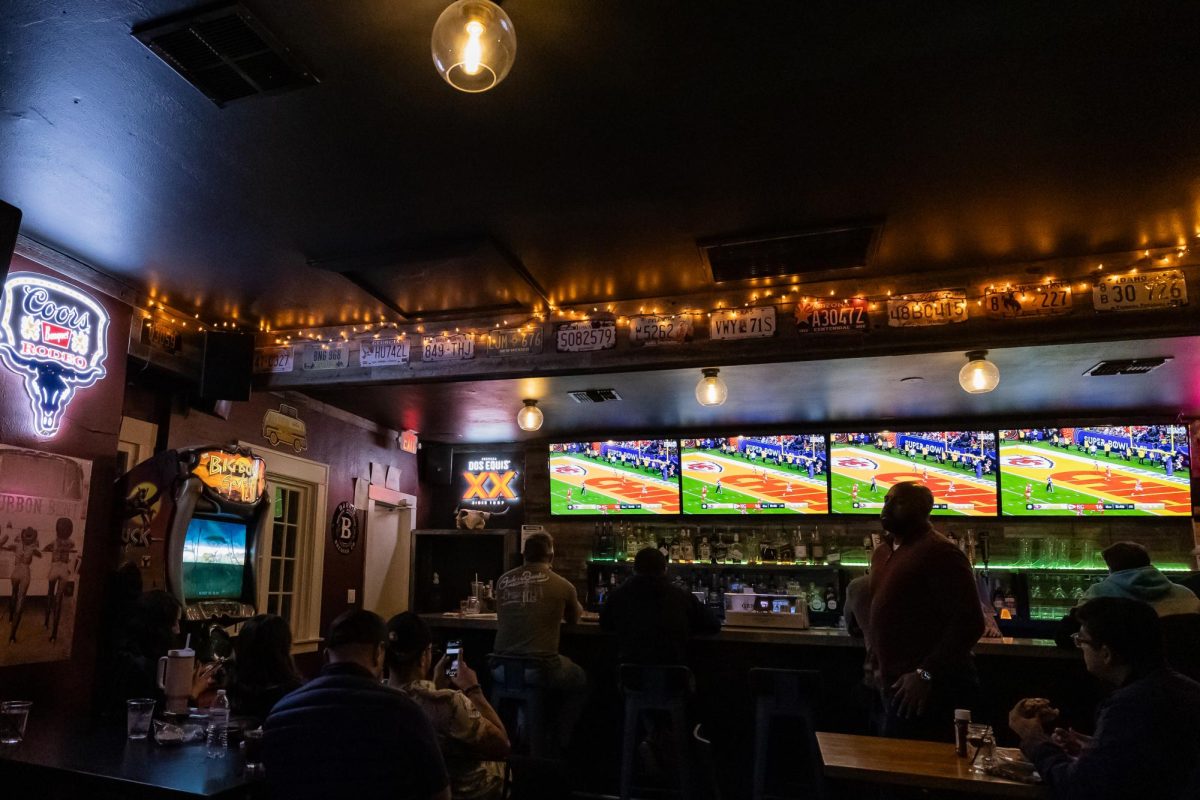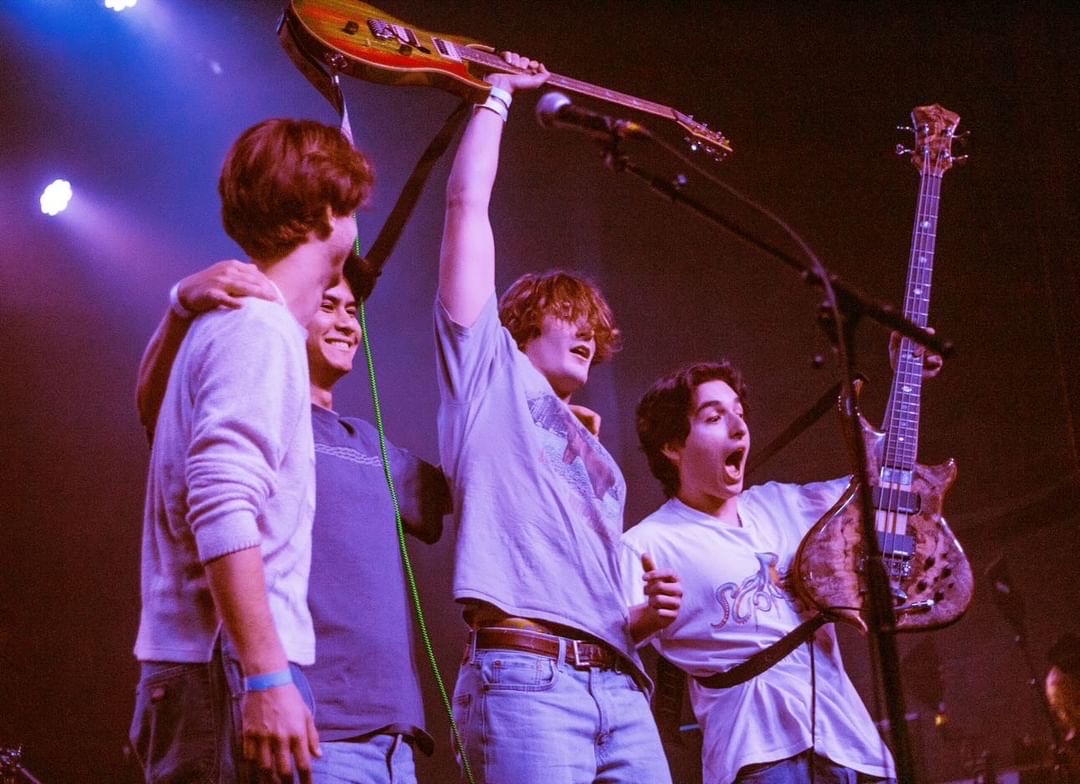The University Center for Assessment, Teaching and Technology opened their first iCourse Digital Maker Space on Oct. 31.
This space is located in the W.A. Franke Honors Village, and it will provide a place for students to use various technology resources for their school-related needs.
In the space, students will have access to hardware, the ability to record high quality multimedia, a podcast station, a green screen with 4k cameras, tripods, ring lights, iPads with pencils for digital illustration and all Adobe Creative Cloud applications.
Soon they will offer cameras and audio recording equipment to be available to rent.
Melody Buckner, associate vice provost for digital learning initiatives, came up with the idea to help students become more digitally literate and be able to succeed in the workforce.
“Many times, students don’t have a place where they can go to create digital assets for their classes — things like really good recordings, presentations or a really good video camera. So we created a space where students can go to record or have really good video,” Buckner said.
Buckner uses the scenario of driving a car to compare the knowledge of technology amongst most students.
“The analogy I like to make is we all might know how to drive a car, but do we know all the rules of the road? Do we know how to turn the turn signal on, how to make the lights come on [or] how to put on the windshield wipers? To go even further on the spectrum, do we know how to fix a car? Do we know what makes a car run? So those are all the things that when you get into digital literacy, there’s different levels and most people are aware, but it’s helping people realize the impact of the digital environment on our life,” Buckner said.
Alejandro Gonzalez, lead specialist at UCATT, feels this will benefit students’ futures, especially when it comes to competition in the workforce.
“This is an attempt to make the University of Arizona create students that will stand out in the field with other graduates,” Gonzalez said.
He acknowledges that a lot of students face projects with multimedia that they may not have the resources for.
“A big step before you’re editing your project is taking the video, taking the images, recording the audio, and a lot of people don’t have equal access to a nice computer, a nice camera [or] a nice recorder. So we’re just doing our best to give better access,” Gonzalez said.
One of the most important aspects is that there are people in the space to help. In addition to the access to technology, students will also have student workers that are able to help them with the hardware and software.
“The biggest thing that this space has is the people. [Gonzalez] and his team are incredible, these three people have a passion for digital literacy, for teaching. A really nice benefit of this is we hire students to help other students. These students are being trained by these amazing staff people, and it becomes a place where we’re teaching students how to teach other students. I think sometimes learning from a peer is so powerful,” Buckner said.
Computer science freshman Severian Adams is one of the student employees at the space. He acknowledges his skills and where he can make them useful at his job.
“I’m mostly a guiding hand for students who want to come in and create in the space,” Adams said. “Technology is always something that has always come easy to me. I know it doesn’t always come easy to others, so I like using my skills to help others because it makes me feel good and helps me train my skills as well.”
Although this space is geared towards students, faculty and staff can also use it to enhance their online classrooms, lecture methods or D2L sites.
Despite the space being on campus, online students are also allowed to use this space if they live in Tucson and it’s convenient.
This is planned to be the first of many, as the team has plans to put some iCourse Digital Maker Spaces in other colleges, such as Science, Fine Arts and Social and Behavioral Sciences.
“This is the first of hopefully many Digital Maker Spaces,” Buckner said.
Follow Amanda Mourelatos on Twitter



